Research nieuws
Four new cancer research projects at UMC Utrecht receive Hanarth grants
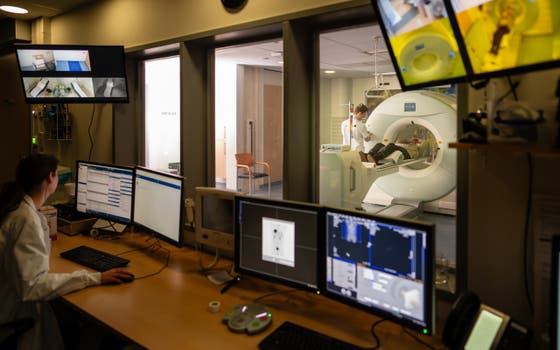
How can artificial intelligence be used to improve treatment in cancer patients? Researchers from UMC Utrecht are working on this question. Four research projects at UMC Utrecht received funding for this from the Hanarth Fonds.
Read moreGRIPonMASH received significant EU funding to improve prevention and care of Metabolic dysfunction-Associated SteatoHepatitis (MASH)
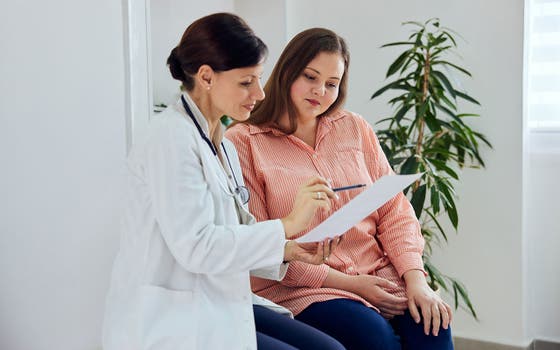
GRIPonMASH, a newly founded consortium consisting of 27 European institutions and companies, has bundled resources to bring about a transformational change in the detection and treatment of Metabolic Dysfunction-Associated Steatotic Liver Disease (MASLD). Supported by the Innovative Health Initiative Joint Undertaking (IHI JU), the consortium will focus on developing the GRIPonMASH Diagnostic Platform which will allow early detection of patients with MASH, better patient stratification and personalized lifestyle advice.
Read more'I learned to look at patients specifically'
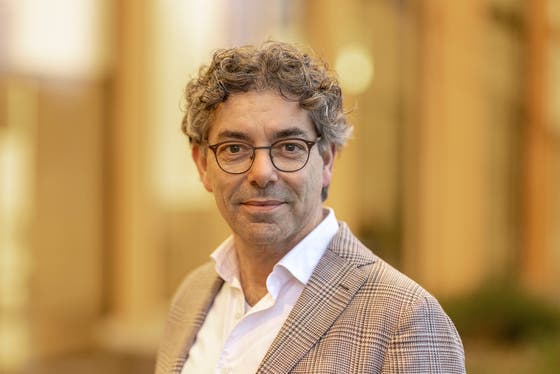
Hans Merks, professor of paediatric soft tissue and bone sarcomas at UMC Utrecht, delivered his oration on Friday 2 February, titled 'Look and marvel'. A speech about sarcoma research, deeper layers that you only start to see when you realise it and the search for effective treatments for children.
Read moreNew cancer research with MR-Linac and ultrasound
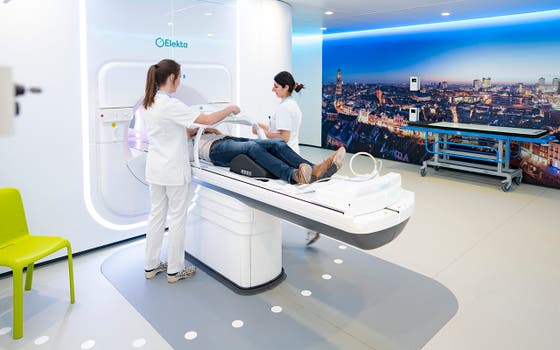
UMC Utrecht researchers are starting two new projects to treat cancer with image-guided interventions. For one research, they are using MRI-guided radiotherapy, for the other ultrasound techniques. Their projects are made possible by KWF Dutch Cancer Society, which has granted them almost 1.5 million euros in total.
Read moreEU funds consortium for technology towards the development of an artificial kidney
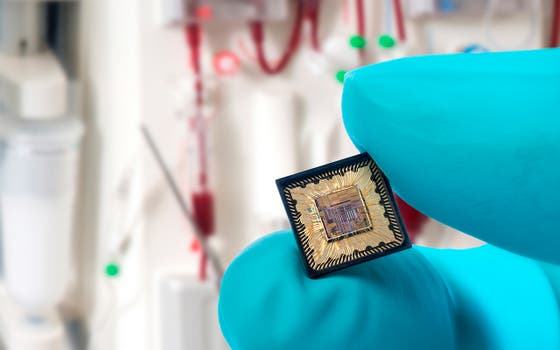
From bulky telephones, fax machines, cameras and radios to a smartphone that contains it all: technological advancements have revolutionized many aspects of our lives in the past fifty years. For kidney patients, however, life has remained the same in one major aspect: the dialysis treatment that they rely on for their survival. It’s time for this to change, as the growing prevalence of chronic kidney disease poses a heavy burden on patients’ lives, and, at €90K per patient per year, also a financial stress on an already straining European healthcare system.
Read moreLarge grant for national infrastructure to implement new organ and disease models using human stem cells
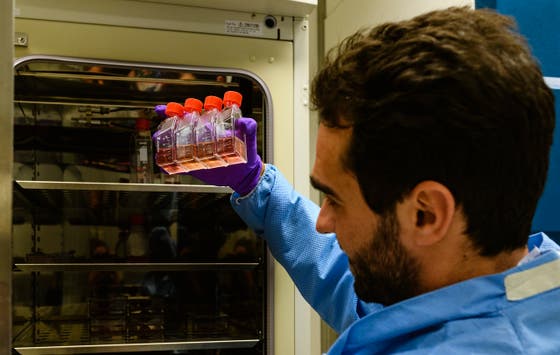
Researchers from the University Medical Centers in Leiden, Utrecht and Rotterdam, jointly affiliated with the "Institute for human organ and Disease Model Technologies (hDMT)," intend to develop new organ and disease models using human stem cells.
Read moreAtlas for a better view of atherosclerosis
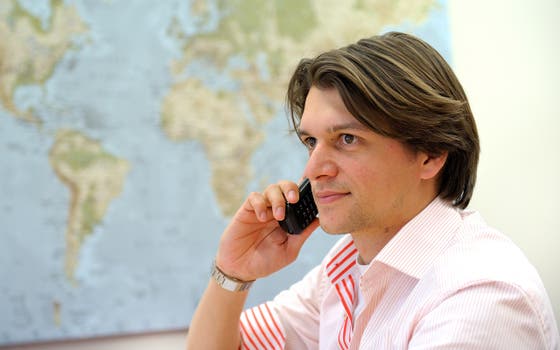
If scientists know more about atherosclerosis, they may in the future develop new treatments for cardiovascular diseases that can occur in people with atherosclerosis. A better view of atherosclerosis is possible by creating an atlas of cell types involved. Researchers from UMC Utrecht and University of Virginia together received a $200,000 grant to make this atlas.
Read moreGlobal digital health leaders propose framework to enhance research using real-world data
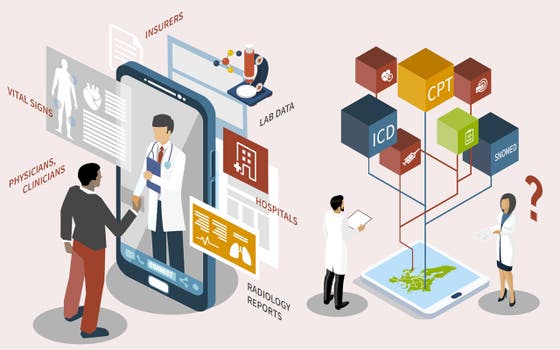
Routinely-collected healthcare data has the potential to improve the lives and wellbeing of patients across the world, through better understanding of disease, and research on existing and new treatments. Presented today at ESC Congress and simultaneously published in The BMJ, Lancet Digital Health and European Heart Journal, an international team propose a framework to improve the integrity and quality of studies using healthcare data, and boost confidence in using the results for clinical decision support.
Read more25 new associate professors appointed at UMC Utrecht
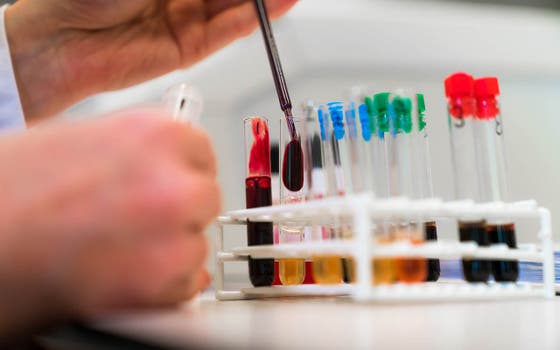
In UMC Utrecht, 25 new associate professors have been appointed as of January 14, 2022.
Read moreERC Starting Grant for pediatrician and researcher Sabine Fuchs
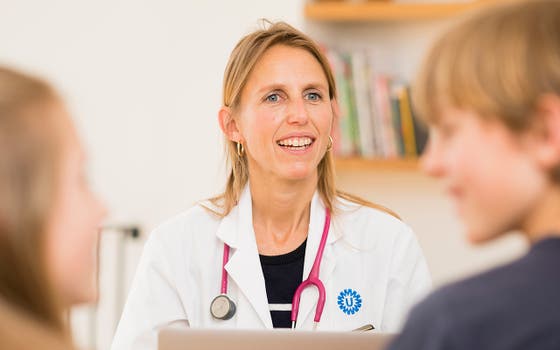
Pediatrician of metabolic diseases and researcher Sabine Fuchs has been awarded an ERC Starting grant of €1.5 million for five years. She plans to use the prestigious grant to improve the treatment of rare genetic diseases.
Read more